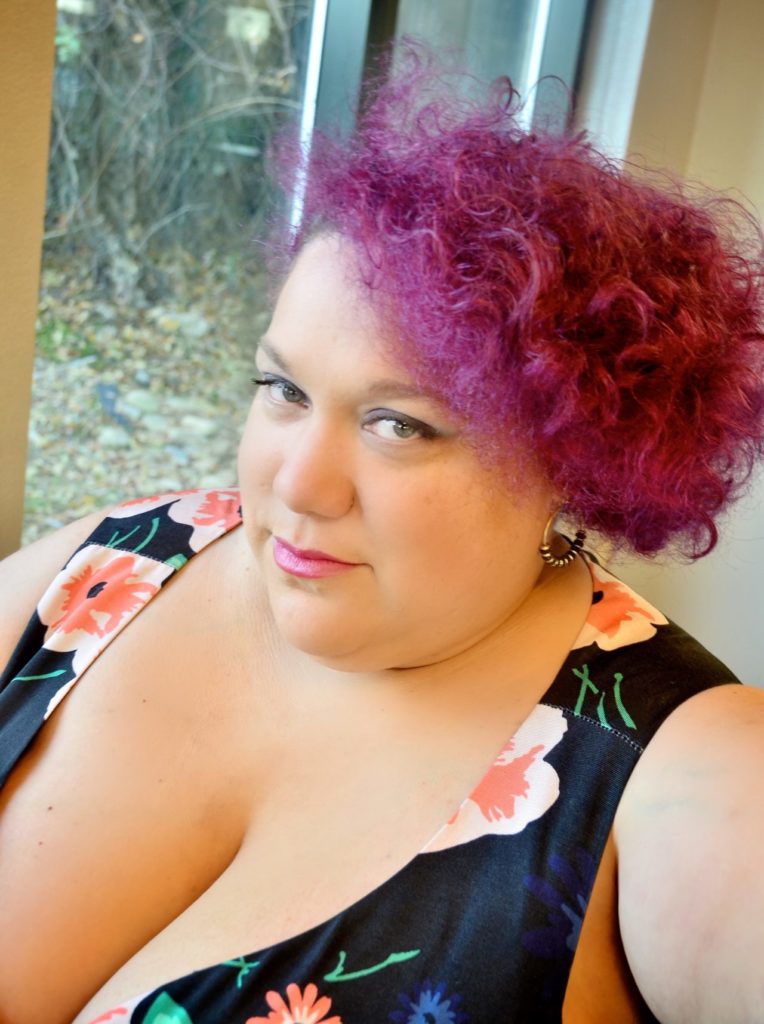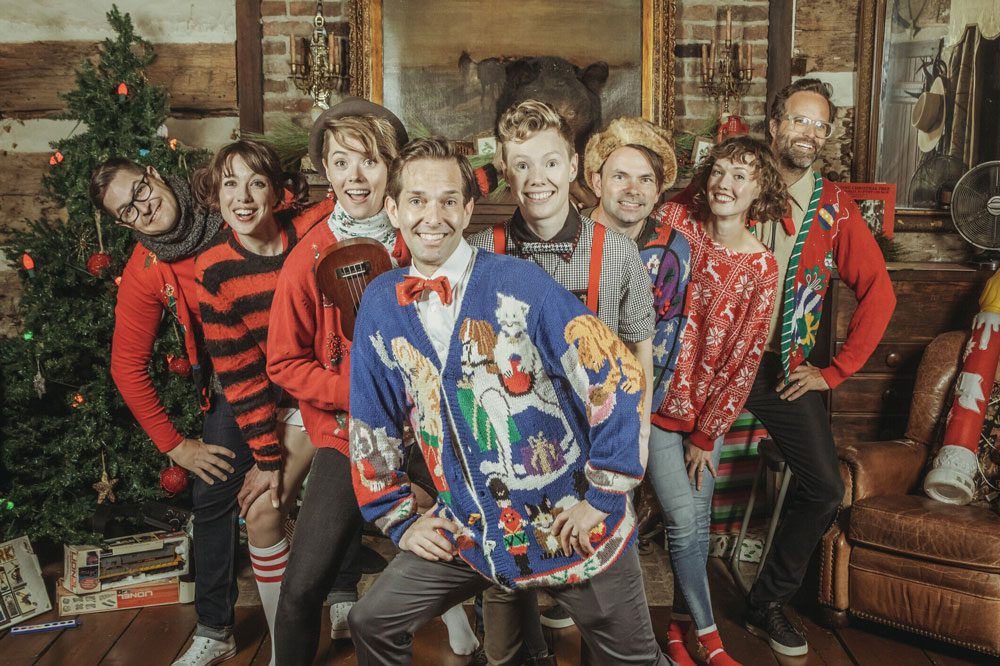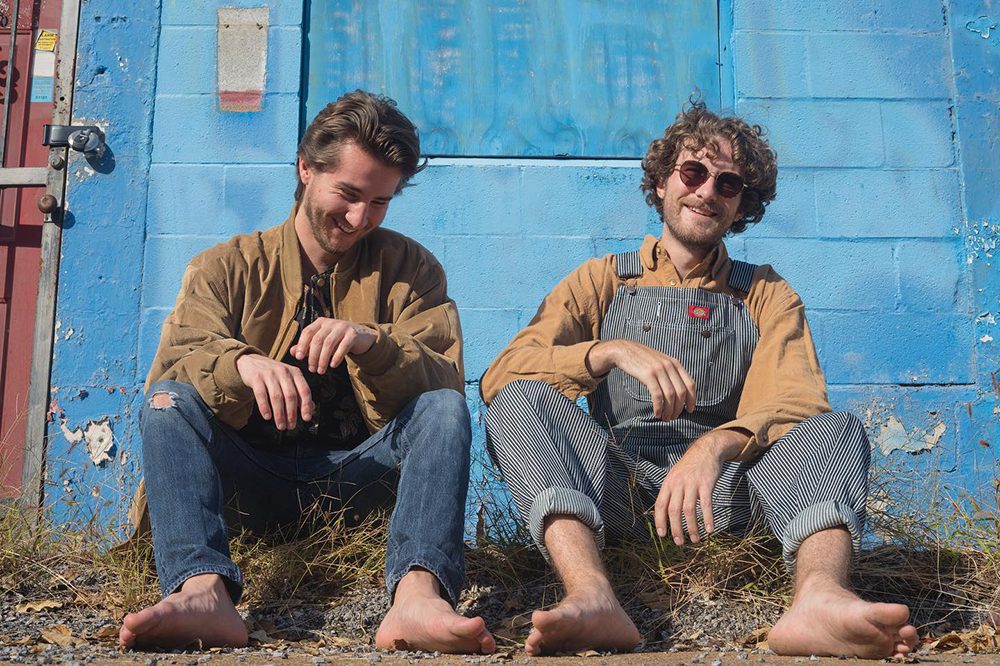

Amanda Shires goes where country artists have rarely gone before with her new song, “The Problem,” a heart-rending ballad that shines a spotlight on abortion.
Gentle piano notes act as a guiding force as Shires and her husband Jason Isbell narrate the story of an 18-year-old couple who are met with a surprise pregnancy and face a challenging decision. The lyrics take us into the complex inner dialogue as the couple weighs the options, the singers’ emotional, steady voices transporting the listener into the thoughts they share aloud with one another, Isbell asking “What do you want to do?” with Shires responding “I’m scared to even say the truth, this has been the hardest year.” “Is it even legal here?” Isbell ponders.
Shires’ character carries the weight of the situation on her shoulders, stating that she’s trying not to think of names while wondering “Is a chrysalis a butterfly?” before packing a punch at song’s end where she vulnerably shares “Do you think God still sees me/Coming out of this twilight sleep/I’m not sure who I am/Staring into my empty hands.” But what makes the song especially poignant is Isbell’s unwavering support for his partner’s decision, the two singing in unison “It’s gonna be alright” before he assures her, “I’m on your side.”
Written four years before its timely release on September 28th 2020 – International Safe Abortion Day – Shires channeled the stories of friends’ experiences into these teenage characters. But Shires also has a deep personal connection to the subject matter, sharing in in an interview with The Boot that she had an abortion when she was in her late 20s. She became pregnant not long after Isbell’s 2012 stint in rehab for alcohol and cocaine addiction. Shires determined that terminating the pregnancy was “the absolute right decision” and was met with support by Isbell. The two later married in 2013 and welcomed a daughter, Mercy Rose, in 2015.
To give back to those in the same position she was once in, Shires is donating 100 percent of the proceeds from “The Problem” to the Yellowhammer Fund, an Alabama-based abortion fund and reproductive justice organization. “It’s regionally specific to where we live; Jason is from Alabama. Unfortunately in our area, there is not enough support, community education or access,” Shires shares in a statement to Audiofemme. “Yellowhammer provides access to women’s health and women’s reproductive issues where options for terminating pregnancy are fewer and far between. I prefer women to have access to healthcare instead of taking it in their own hands to their detriment. I wanted the proceeds to go to Yellowhammer because we believe in the same things – being able to make choices without shame or state interference.”
Yellowhammer Fund Executive Director Laurie Bertram Roberts is “honored” that Shires chose the organization as a beneficiary, saying the “beautiful” song brought her to tears the first time she heard it. “There’s so many things in the song that resonated with me,” Roberts shares with Audiofemme.
The words in between Shires and Isbell’s voices particularly struck a chord with the activist. As co-founder and former executive director of the Mississippi Reproductive Freedom Fund, Roberts has spent countless hours on the phone fielding calls from those seeking an abortion for themselves or a loved one. She describes how Shires’ piece captures the very essence of the people on the other end of the line. “The thing that resonated with me is it sounded so much like so many of our callers,” Roberts says. “The conversation was just so real to me. It’s so much of what people relay back to me in conversations over the phone; they sit and have that conversation with their significant other or their parents.”
“The Problem” is powerful because it puts a human face on what can be an agonizing decision, regardless of the circumstances. Roberts says that the Americana-singing couple resemble the variety of ages and backgrounds the clinic sees in its clientele. “They look like people who would be at a clinic more so than what people have in their mind as a stereotype of who would go to a clinic,” Roberts explains. “I also think it’s groundbreaking that she was even willing to share it. She’s in a long line of abortion storytellers, but there aren’t many that have done it in song.”

While all of the lyrics contribute to the compelling story, when Shires sings in her Dolly Parton-esque voice, “No one even has to know,” it directly correlates to how Yellowhammer staff engages with patients, assuring them that whichever decision they choose will be met with compassion. “Those are strategic choices that people have to make because of the culture of shaming and stigma that we have around abortion,” Roberts states about a woman’s decision whether or not to publicly share that she’s terminated a pregnancy. “Something I’ve talked about with my staff is the power of having all of your options, whether or not you choose to have an abortion or not. Sometimes being able to weigh all your options makes your parenting more powerful, even in an unplanned pregnancy, because it means that when you go ahead and decide ‘yes, I’m going to parent,’ you’re not resentful about it. You don’t feel trapped, because even if it was unplanned, you had all your options and you were like ‘I choose this.’ Even though you didn’t plan to get pregnant, you chose what option and what road you wanted to take, and that is a very different journey than ‘I’m pregnant and I didn’t plan on being pregnant and now I’m stuck.’ I think about those things all the time for our people that call us. They should not have to weigh those things, it should only be their decision.”
As Shires emotionally bares “This has been the hardest year” followed by Isbell’s simple, yet haunting question, “Is it even legal here?” Roberts remarks that their exchanges echo sentiments expressed by Yellowhammer’s clients, while also breaking through the larger media narrative surrounding abortion. Though attempts have been made to restrict access and services across all 50 states, abortion remains legal in the US; this is the first statement people hear when they reach the Freedom Fund voicemail, though Roberts explains that that media coverage on potential clinic closures tends to obfuscate that simple fact. “That’s something I’ve heard over and over again for the last six years of doing this work,” Roberts remarks in regards to Isbell’s question. “All we see is this very politicized information around abortion, not reality. The thing I like about the song is that it’s not angry, politicized, it’s not any of that – it’s just a story about life.”




